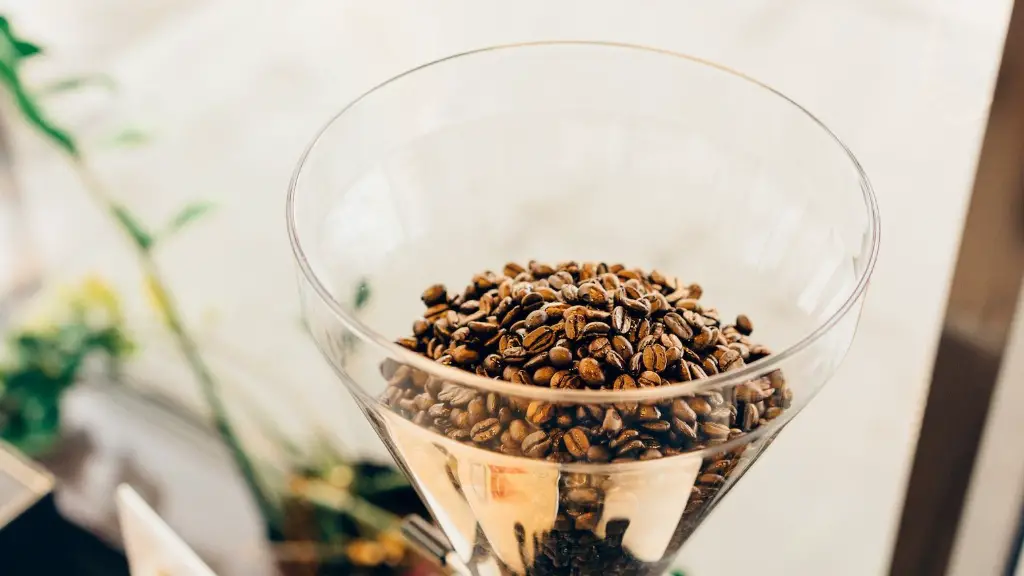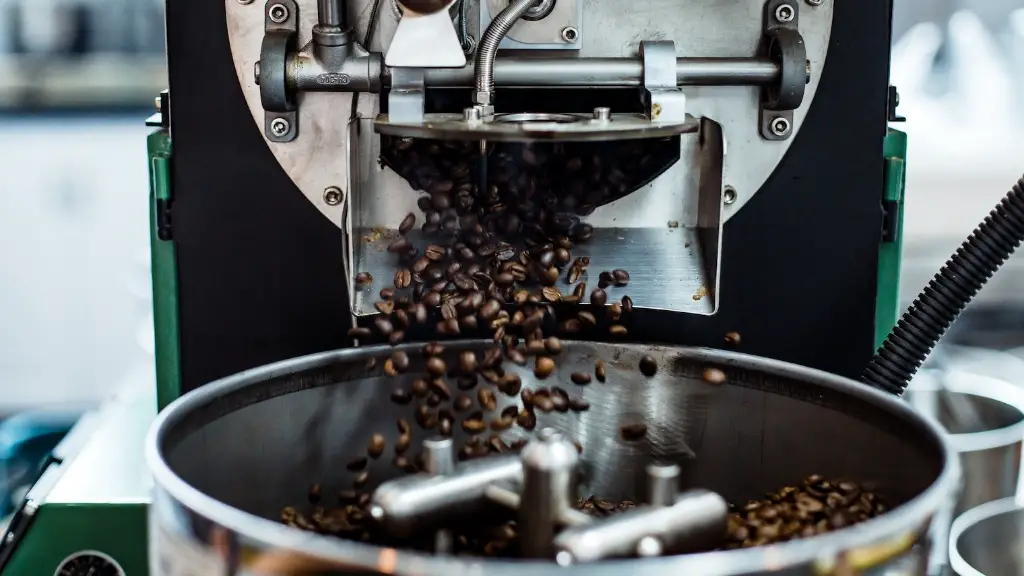Coffee is the world’s favorite morning beverage. It’s an immensely popular way to start the day, not just because of its delicious flavor, but also because of its energizing effects. However, when is the best time to drink coffee? Many people drink coffee in the morning because they feel like it provides a wake-up call, but does the timing really matter?
Coffee contains caffeine, a chemical that acts as a stimulant on the human body. Caffeine is absorbed almost immediately after drinking coffee and has been proven to increase alertness, concentration and reaction time. This makes it an ideal choice for a morning cup of joe, as it can give you that extra boost to get out of bed on busy mornings.
However, it is important to keep in mind that the effects of caffeine can last for a few hours, so you don’t want to drink too close to bedtime. Drinking coffee too late in the day can interfere with getting a good night’s sleep and may end up exacerbating feelings of fatigue instead of providing an energy boost. This is why the best time to drink coffee is before noon. Even then, it’s important to stick to a moderate amount of caffeine and not overdo it.
Alternatively, some studies have shown that drinking coffee around 3-4 pm could be beneficial as well, as it may help to reduce the occurrence of afternoon sleepiness and improve concentration and alertness. This makes sense, as the body’s natural rhythm can experience a dip as the day progresses.
Furthermore, it is important to consider the impact of drinking coffee on other aspects of health and lifestyle. For example, those who want to lose or maintain weight should take note that black coffee contains almost no calories. This means that it’s a great way to get an energy boost without taking in too many extra calories.
However, it should be noted that people can be sensitive to the effects of caffeine, especially if already feeling anxious. In this case, it’s best to drink coffee in moderation or to opt for decaffeinated coffee. Decaf has lower levels of caffeine and potentially more health benefits than regular coffee.
All in all, the time of day that you decide to drink coffee really depends on the individual. Whether it’s early in the morning or mid-afternoon, make sure that you’re aware of the potential effects on your body and overall health. Additionally, limit your caffeine intake to moderate amounts and stick to decaffeinated coffee if needed.
How Coffee Affects Productivity
It is widely known that drinking coffee can have energizing effects and can improve focus and concentration – leading to improved productivity. Research has shown that small amounts of caffeine can give a small boost to cognitive performance. The key here is to drink coffee in moderation and ensure that you are not overly consuming caffeine.
However, if you’re looking to increase your productivity, it’s also important to consider how coffee may affect focus. Caffeine can give a short-term boost but can also lead to a crash in energy levels later on. Overdoing it could lead to anxiety and jitteriness which can be counter-productive.
Furthermore, drinking coffee at the wrong time of day can disrupt your body clock and lead to insomnia or restlessness. This is why it’s important to take into account both the amount and timing of coffee consumption, in order to maximize productivity.
Overall, it is clear that drinking coffee can improve focus and productivity. Coffee’s energizing effects can give you that extra push to get the job done. However, it’s important to stay aware of the potential downsides to this caffeinated beverage and to ensure that it’s helping, not hindering, your performance.
Coffee and its Effects on Health
It is no secret that coffee is not necessarily seen as a health food, but it is becoming more and more accepted as a health beverage. In fact, studies have shown that consuming coffee in moderation can have some benefits. Regular coffee drinkers have been found to have a lower risk of type 2 diabetes, heart disease and some forms of cancer.
The reason behind this is related to the antioxidant content in coffee. Coffee beans contain a variety of powerful antioxidants that can help protect the body from free radical damage, which can lead to chronic diseases. Additionally, coffee also contains essential nutrients like magnesium and potassium, which can contribute to a healthy lifestyle.
It is important to remember, however, that coffee can also have some adverse effects on health if over-consumed. This includes dehydration, anxiety and insomnia. Too much caffeine can also lead to restlessness, irritability, heart palpitations and nausea.
Therefore, it is important to be aware of how much coffee you are consuming and to keep it to a moderate level. Additionally, the way in which coffee is prepared can have an effect on its nutritional benefits, so opting for black coffee over milk and sugar can help to reduce potential risks to health.
Coffee as a Social Activity
Society has adapted coffee as a way to bring people together and it has become an important part of social gatherings. Having coffee with friends or loved ones is a great way to strengthen relationships and take a break from reality. It can be the perfect way to unwind and discuss topics of interest.
Moreover, many cafés have become popular meeting places, especially during the morning hours. Enjoying a cup of coffee in a public setting can be a great way to experience the atmosphere of a new place. Cafés also provide an opportunity for people to be creative and productive in a comfortable environment.
In essence, coffee is much more than just a beverage. It is a social experience and an important part of many people’s lives. Having a cup of coffee with friends can be incredibly enjoyable and can lead to a lot of amazing conversations.
Differences Between Types of Coffee
Coffee comes in a wide variety of flavors and forms. From iced and espresso to lattes and cappuccinos, the choices are practically endless. Depending on the method of preparation, different types of coffee can have vastly different effects. For example, espresso is made by forcing hot water through finely ground coffee beans which produces a higher caffeine content.
On the other hand, other types of coffee such as a latte or cappuccino contain more milk and therefore have lower levels of caffeine. This makes them a great option for those who are more sensitive to the effects of caffeine. Additionally, these coffees also contain sugar and milk which can add some extra calories so it’s important to keep that in mind.
Overall, it is important to be aware of the differences between types of coffee and how each one can affect health, productivity and overall wellbeing. Different types of coffee may have different effects and the key is to understand how each one can affect you and to find the best option for you.





